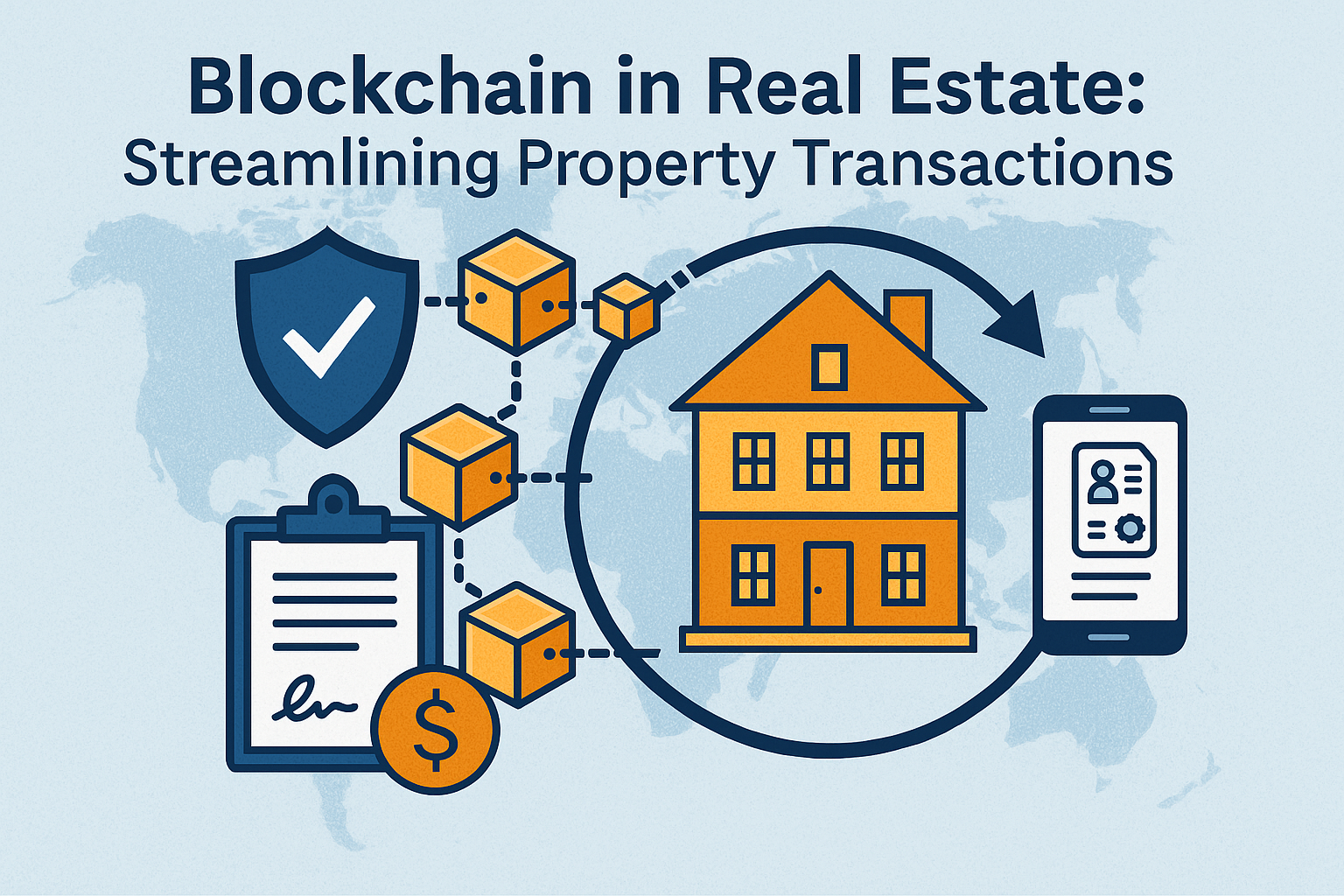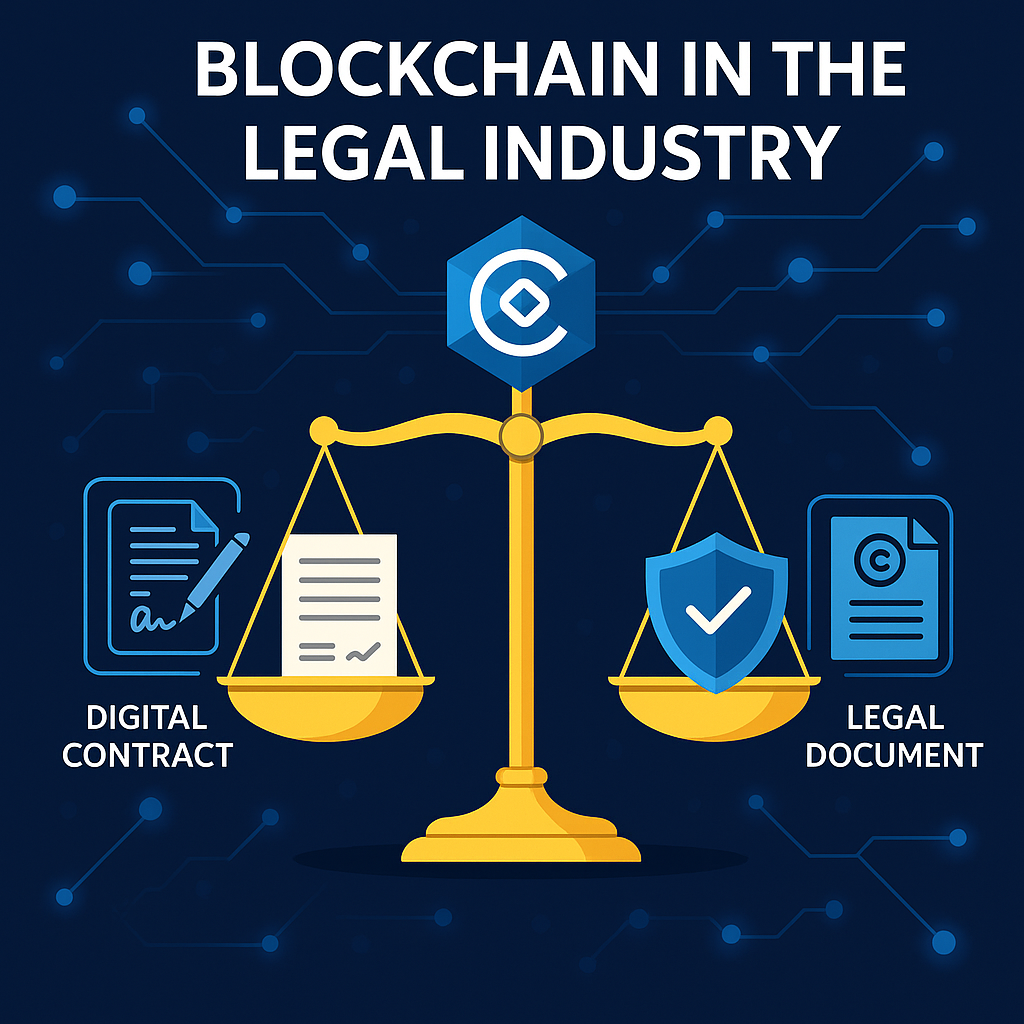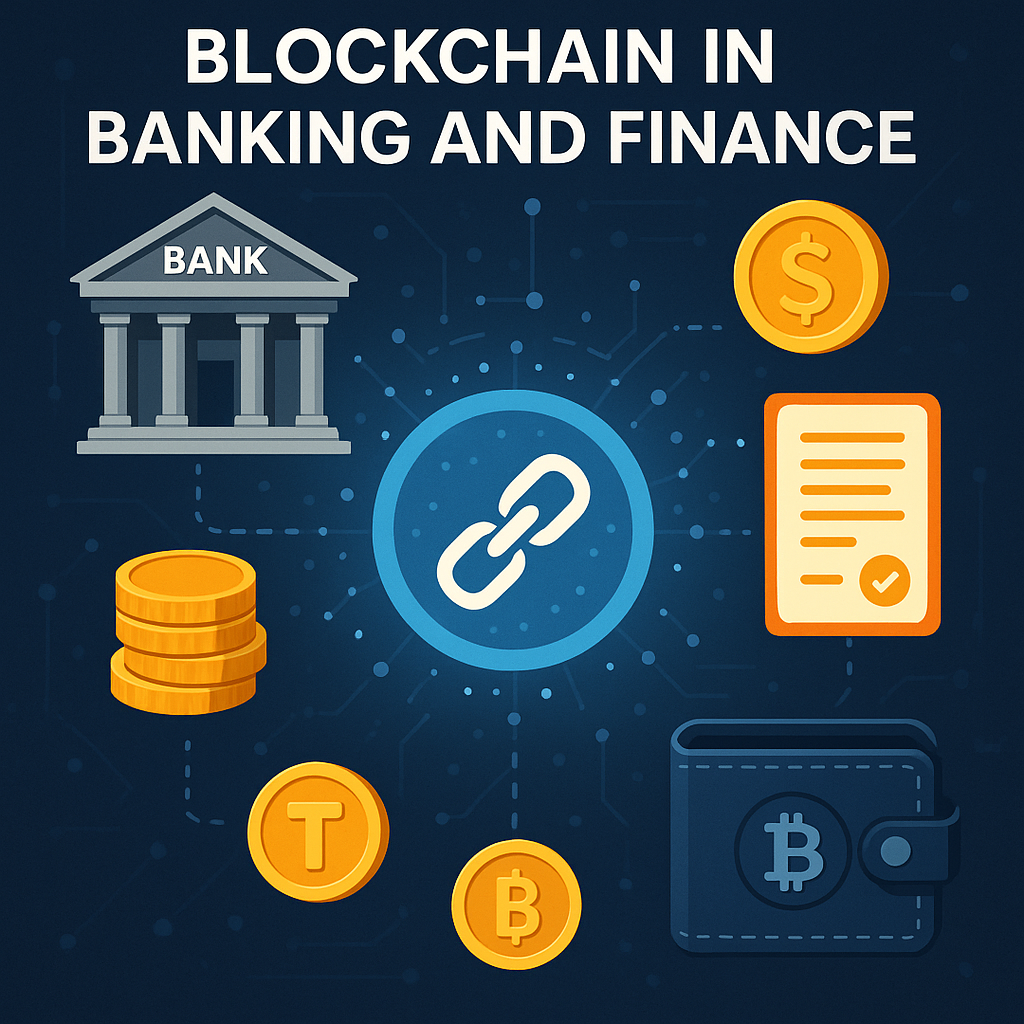Blockchain in Real Estate: Streamlining Property Transactions
Flutter Bees: Relieve Stress While You Learn!
Play the Flutter Bees Telegram mini game where you can tap to earn, defend hives, and watch to win! Enjoy while learning about blockchain.
Play Flutter Bees
The real estate industry has long been known for its complex, paper-heavy, and time-consuming processes. From verifying property titles to transferring ownership, traditional real estate transactions often involve multiple intermediaries, high fees, and risks of fraud. But blockchain technology is transforming this landscape by offering a more secure, transparent, and efficient way to handle property deals.
What is Blockchain in Real Estate?
Blockchain in real estate refers to the use of decentralized ledger technology to record and manage property-related transactions. By storing records on a secure and immutable blockchain, real estate processes can become faster, cheaper, and more reliable.
Flutter Bees Break
Take a quick stress-relief break! Tap your way to a calm mind in the Flutter Bees mini-game and return to your reading refreshed.
Try it here
Key Benefits of Blockchain in Real Estate
- Transparent Transactions
All changes are recorded on a public ledger, reducing the risk of fraud and improving trust among buyers and sellers. - Smart Contracts
These are self-executing contracts with terms directly written into code. They automate tasks like payments, title transfers, and document verification. - Faster Deal Closures
By eliminating intermediaries such as banks and notaries, blockchain speeds up the property buying/selling process. - Lower Costs
Reduced paperwork and middlemen translate into lower transaction fees for both parties. - Efficient Land Registries
Governments can use blockchain to create tamper-proof land and property ownership records, improving accuracy and preventing disputes.
Real-World Use Cases
- Propy: A blockchain-based platform allowing buyers to purchase property online with smart contracts.
- Sweden’s Land Registry: Piloting a blockchain system to track property titles and ownership transfers securely.
- Dubai: Aiming to make all real estate transactions paperless using blockchain by 2030.
Conclusion
Blockchain has the potential to revolutionize real estate by making transactions faster, safer, and more transparent. As more governments and private sectors adopt this technology, the future of property buying and selling looks smarter than ever.
Unwind with Flutter Bees
Feeling overwhelmed? Tap into the world of Flutter Bees—complete hive missions or just relax by watching bees in action.
Play now






Post Comment